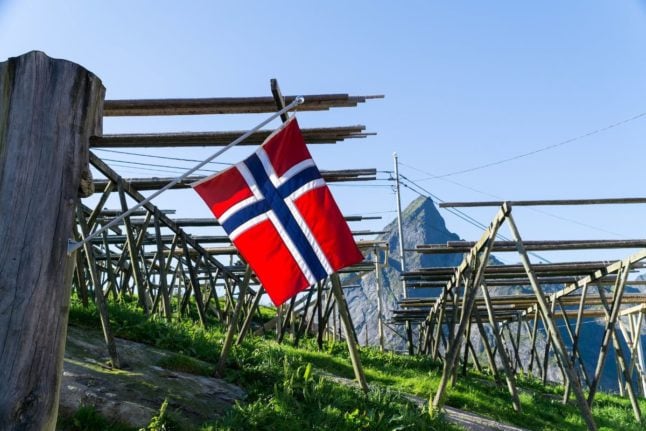Generally speaking, there are two groups when it comes to Norway’s immigration rules, those from the EEA and those from the rest of the world, with the most notable exception being refugees and asylum seekers.
On paper, it is generally easier for nationals from the European Economic Area (EEA) to move to Norway than citizens from other countries due to the Free Movement of Persons.
This applies to EEA nationals and allows them to live and work legally in 30 countries. Those with family members from the EU/EEA residing in Norway, or from the EEA and working for a Norwegian employer or self-employed, job-seekers students and those with enough money to support themselves can move to Norway under these rules .
To find out more about the rules for EEA nationals moving to Norway, you can head to the website of the Norwegian Directorate of Immigration (UDI).
Meanwhile, those outside the EEA will need a residence permit to live and work in Norway. The most common of these are permits for work and family immigration. However, the requirements for those can differ heavily- depending on the applicant’s circumstances.
READ ALSO: What you should expect in a family immigration interview in Norway
However, the requirements are typically stricter for those from outside the EEA wishing to work or join family members in Norway than those who benefit from the Free Movement of Persons.
But what do those who are currently going through or have already been through the immigration process think?
Waiting times of 18 months: What foreigners think of Norway’s immigration process
The Local recently ran a survey asking residents what they thought of the country’s immigration services. Overall, 53 percent said they had negative experiences, while only 20 percent described their dealings with the authorities as positive. The rest said that their experiences were mixed.
When the responses were divided by those from the EEA and those from other countries, 42 percent of those who moved to Norway under regulations for EEA nationals said they had either mostly or somewhat negative experiences.
This is compared to 55 percent of those outside the EEA who said they had a negative experience dealing with immigration services.
The percentage of EEA nationals who had a positive experience was also higher. Some 28 percent said they had either a mostly positive or somewhat experience when going through the immigration process, compared to just 21 percent of those from outside the EEA.
One common issue shared by both EEA nationals and other citizens was long waiting times to get an appointment at a police station or to have their application processed. Although, the examples of waiting times provided by those applying for permits for non-EEA nationals tended to be much longer and more extreme.
“I am afraid to say the process for non-Europeans is painful and slow. So, be patient, drink tea, and be prepared for a long waiting time,” Carlos from Adger wrote.
Several others shared stories of waiting more than 18 months to be granted residence under the rules for non-EEA nationals.
Those who had positive experiences dealing with immigration authorities when moving to Norway under EEA regulations said the process was smooth.
“All smooth for my EU rules permit and smooth transition to the post-Brexit permit. Very informative on email where needed to clarify some things,” one reader who didn’t leave a name told The Local.
Meanwhile, several who applied for residence under the rules for non-EEA nationals said that a lot of red tape was involved in their application.
“A series of bureaucratic hurdles. It took 18 months for me to get family immigration status as a UK doctor married to a Norwegian doctor living on a Norwegian farm with dual citizenship children,” Mark wrote when asked to describe his experiences.
“The process is delayed by bureaucratic red tape. Not only this, (the) UDI makes mistakes and then we have to bear consequences in the form rejections, appeals and further delayed process,” Hussnain wrote.
Although, several of those who hold a temporary or permanent residence permit in Norway under the rules for non-EEA citizens did also praise the process for being straight-forward.



 Please whitelist us to continue reading.
Please whitelist us to continue reading.
Member comments